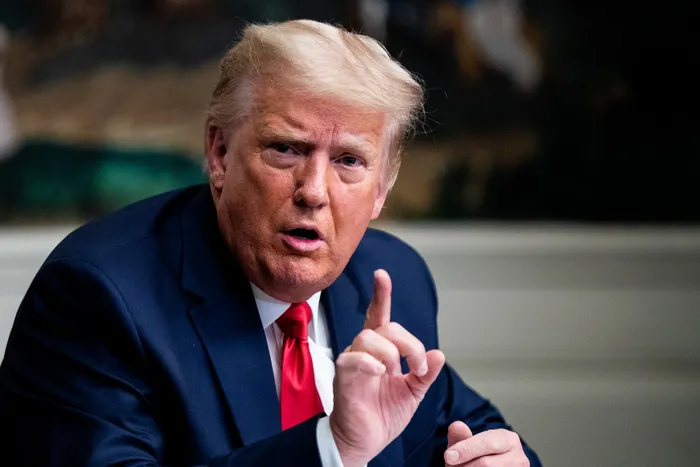How the US is reshaping its investment strategy in Africa

The United States has launched a new commercial diplomacy strategy in Africa.
Image: AFP
The Trump administration has launched a new commercial diplomacy strategy through its Africa Bureau, marking a significant shift in its foreign policy approach.
The strategy by the US-African Bureau is a shift in how the US engages with African countries - by putting trade outcomes, private-sector investment, and bankable partnership at the centre of its foreign policy agenda.
The strategy was launched in Cote d’Ivoire last week.
Addressing the media about this strategy on Tuesday, Ambassador Troy Fitrell, a senior official at the Bureau of African Affairs, said this is an investment strategy between the US and Africa.
Asked about the ongoing situation between the US and South Africa and whether Fitrell believed there was a genocide against White Afrikaners, the organisers said the event was strictly about the launch of a new commercial diplomacy strategy and questions should be about that.
Fitrell said investment would be focused on the relationship between the US and the African continent.
He said the whole point of the strategy is to define how the US can stress what works in a strategy with Africa.
He said the US has been assisting the continent for many decades and the country is now shifting towards an investment plan strategy.
He added that the future of trade with the African continent will be a reciprocal relationship.
Fitrell added that a number of deals have already been signed in Cote d’Ivoire.
In his statement last week, he said the administration's goal was clear: to increase US exports and investment in Africa, eliminate trade deficits, and drive mutual prosperity.
Fitrell added that Africa should be among the largest US trading partners and yet, it isn’t. The US exports to Sub-Saharan Africa represent less than one percent of total trade in goods - a figure that has remained virtually unchanged for more than two decades.
“We’ve taken a hard look at why US trade with Africa has lagged. The findings were clear.
"For too long, we’ve prioritised development assistance over promoting US commercial engagement in Africa. Going forward, we will continue to invest in development – but we will do so through expanded trade and private investment because it is the private sector – not assistance – that drives economic growth."
Fitrell said historically, the US emphasised macroeconomic reforms, rather than breaking down barriers and opening doors for American companies on the ground.
“And we’ve heard American businesses loud and clear: U.S. government resources are often too slow, too fragmented, and too siloed to compete effectively with global competitors like China and Russia,” he said.
Fitrell said this is an investment strategy that would focus on the middle class and economic growth.
Cape Times
Related Topics: